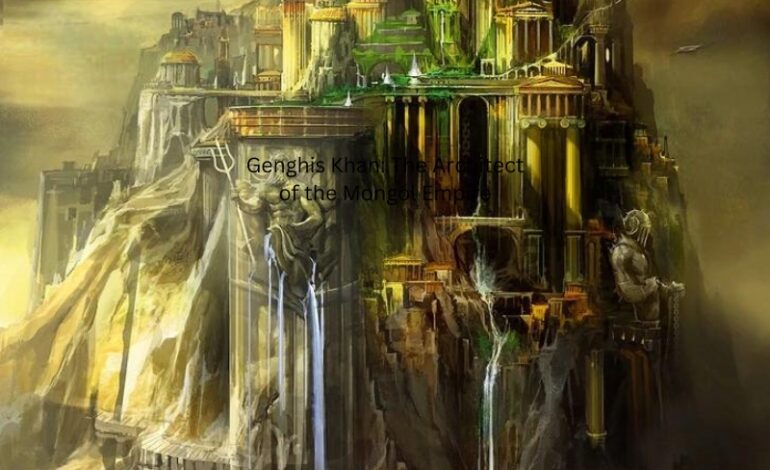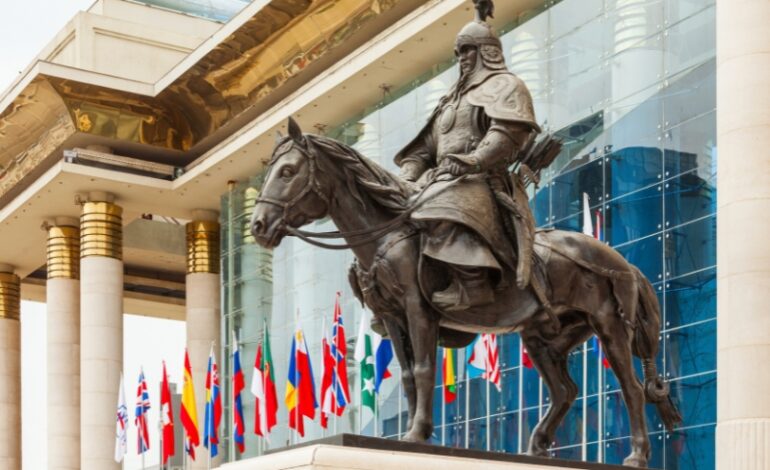Olympus: The Majestic Summit of the Gods

Introduction to Mount Olympus

In the pantheon of ancient Greek mythology, Mount Olympus holds a place of honor as the abode of the gods. This sacred mountain, shrouded in clouds and mystery, was more than just a geographical landmark; it was the symbolic pinnacle of divine power and authority. The tales of Olympus and its divine inhabitants have captivated human imagination for millennia, leaving a lasting legacy on Western culture and thought.
Geographic and Mythological Significance

Geographically, this mount is the highest peak in Greece, rising approximately 2,917 meters at its zenith, known as Mytikas. The mountain’s imposing presence has long inspired awe and reverence, making it a fitting home for the revered deities of ancient Greek lore.
In mythology, Olympus was perceived as an idyllic paradise, a place where the gods resided in splendor and harmony, far removed from the toils and troubles of mortal life. The ancient Greeks envisioned Olympus as a crystalline fortress, crowned with magnificent palaces crafted by Hephaestus, the god of blacksmiths and craftsmanship.
The Inhabitants
The principal residents of Mount Olympus were the twelve Olympian gods, presided over by Zeus, the god of the sky and thunder. These deities included Hera, Poseidon, Demeter, Athena, Apollo, Artemis, Ares, Aphrodite, Hephaestus, Hermes, and either Hestia or Dionysus, depending on different sources. Each god or goddess wielded control over specific realms of the natural world and human life, influencing everything from the seas to the arts1.
Olympus as the Seat of Divine Authority Mount Olympus was more than just the home of the gods; it was the center of divine governance. Here, Zeus held court, dispensing justice and overseeing the cosmic order. The narratives woven around Olympus are replete with tales of divine councils, feasts, and decisions that rippled through the mortal realm, affirming the mountain’s role as a symbol of celestial rule and order.
Mythological Narratives and Cultural Impact

Numerous mythological events are centered around Mount Olympus. The Titanomachy, the epic battle between the Titans and the Olympians, culminated in the Olympians’ victory and the establishment of Olympus as their stronghold. The Gigantomachy, the gods’ battle against the Giants, further cemented their supreme status and the sanctity of Olympus.
In ancient Greek religion, Mount Olympus transcended its mythological roots to embody the divine transcendence and separation between the gods and humans. Temples and sacred sites were often erected on elevated ground, echoing the concept of Olympus and reinforcing the connection between the divine and the earthly.
The Architecture
The architecture of Olympus, as described in myth, was grand and awe-inspiring. The palaces were said to be made of marble and gold, reflecting the gods’ splendor and majesty. The golden gates of the heavenly fortress were guarded by the Horai, deities of the seasons and natural order. The main palace belonged to Zeus, featuring a golden-floored hall that served as both a council chamber and feast-hall for the Olympian gods2.
The Feast of the Gods

The gods of Olympus were known to feast on ambrosia and nectar, the divine substances that sustained their immortality. These were collected from the meadows of the earth-encircling river Okeanos or derived from the smoke of sacrificial offerings wafting to heaven. The feasts were lavish affairs, with golden tables and tripods, animated by the divine smith Hephaestus, moving in and out of the hall as needed.
The Legacy
The legacy of this mount is deeply ingrained in Western culture. It has influenced art, literature, and philosophy, serving as a metaphor for the highest achievements of human endeavor. The term ‘Olympian’ is still used today to denote greatness and excellence, a nod to the enduring influence of the ancient myths.
Conclusion
Mount Olympus, with its cloud-capped peaks and divine residents, remains a powerful symbol of the ancient Greek worldview. It represents the pinnacle of power, the ultimate seat of authority, and the lofty aspirations of humanity. The stories of the gods and their celestial home continue to inspire and intrigue, a testament to the rich tapestry of mythology that has shaped our understanding of the world and our place within it.








![Top 5 Most Powerful Mysterious Creatures Of All Time[Updated 2024]](https://newsdailybeats.com/wp-content/uploads/2024/06/mystery-creatures-1.jpg)
